Can You Recycle Bubble Wrap? Become More Sustainable With These Easy Steps
Updated July 26 2023, 2:38 p.m. ET
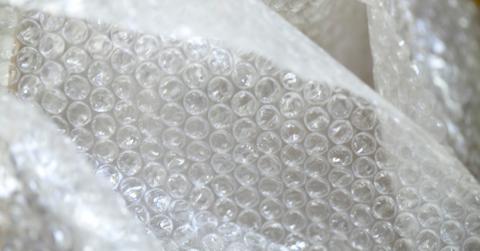
It’s safe to say that online shopping has become the preeminent form of shopping in the modern age. And as boxes full of bubble-wrapped products pile up on doorsteps worldwide, the environment begins to feel the sting of plastic pollution in a new way.
We all know that cardboard boxes are recyclable, so it’s easy enough to fold those up and put them in the blue bin, but what about bubble wrap? Is bubble wrap recyclable, or is it destined to become as much of a problem as plastic grocery bags?
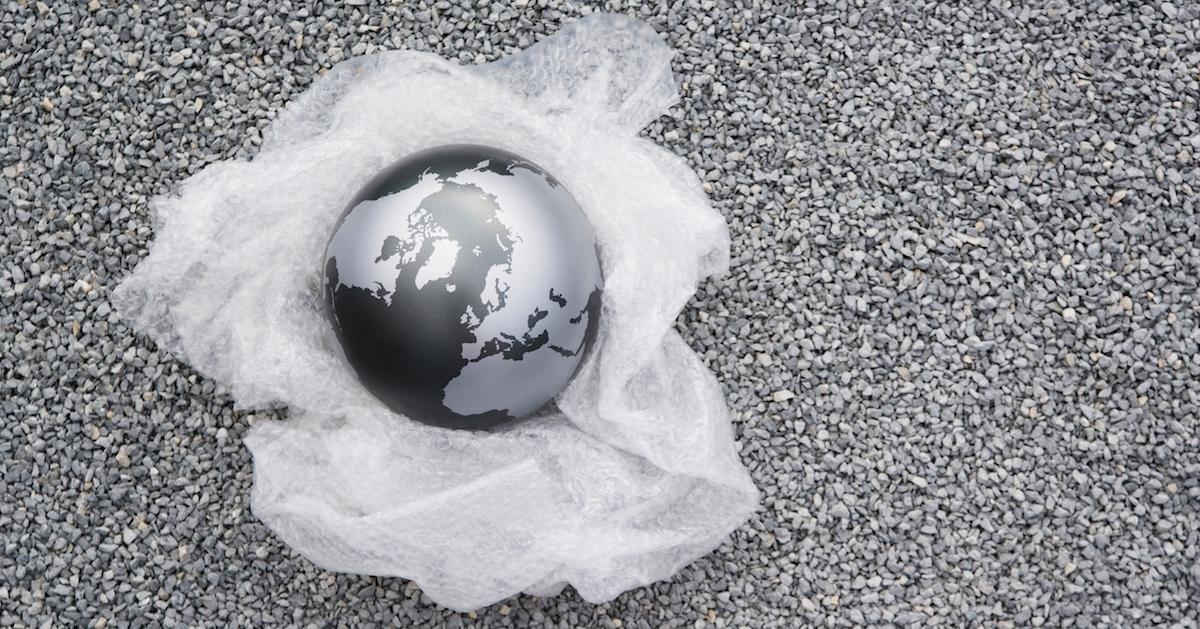
So, is bubble wrap recyclable?
Yes, bubble wrap is technically recyclable, but not in the same way as cardboard or plastic soda bottles. Bubble wrap sheets are made from No. 4 low-density polyethylene film (LDPF). It is the same plastic used to make plastic wrap and grocery bags, which most municipal recycling programs do not accept curbside. They might take more rigid forms of this plastic, such as plastic squeeze bottles.
Like plastic bags and wet or greasy cardboard, bubble wrap sheets can clog recycling machinery and cause many problems. These clogs can cost time and money by halting the recycling process or severely damaging the machinery. And if a sanitation worker gets injured having to clear the plastic jam, that’s no good either. Luckily, there are other ways to recycle bubble wrap.
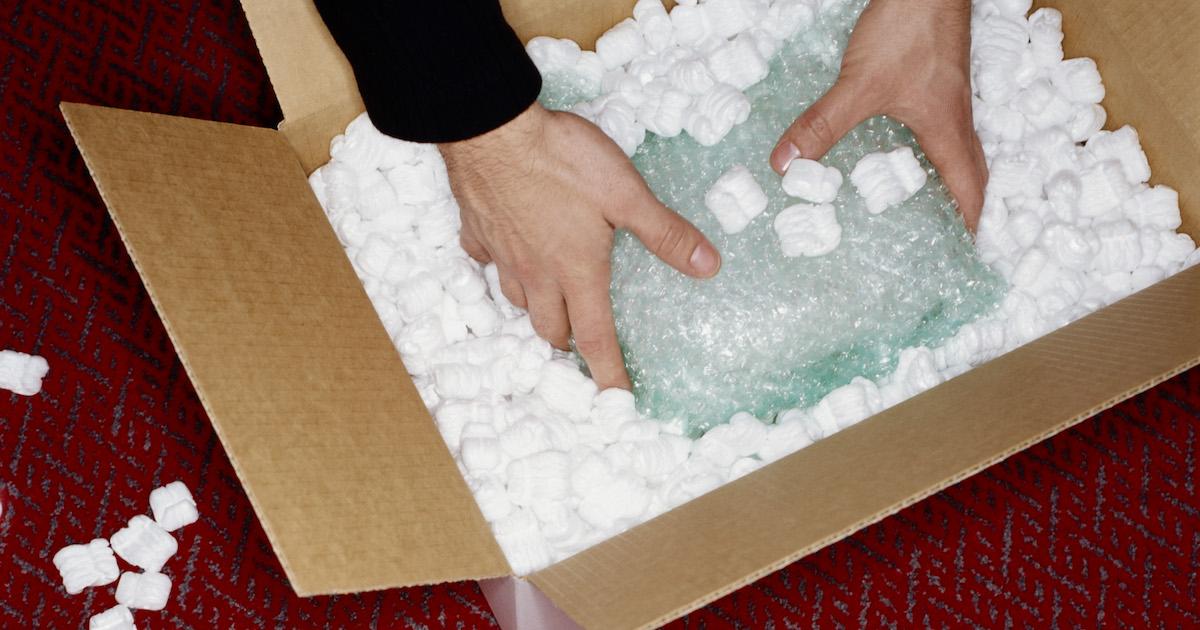
How to recycle bubble wrap:
Just because you know that bubble wrap is technically recyclable doesn’t mean you understand how to recycle it. According to Green Citizen, the steps to recycle your bubble wrap are simple. First, make sure all air bubbles in the bubble wrap are popped. Before recycling, perform this step for any other types of air-filled plastic packaging.
Next, find a recycling center that accepts bubble wrap. Even if your municipal recycling program does not allow for this, plenty of recycling programs, supermarkets, pharmacies, and other big-box retailers will take things like bubble wrap to be recycled. All you need to do is log on to the Plastic Film Recycling website and find the nearest location.
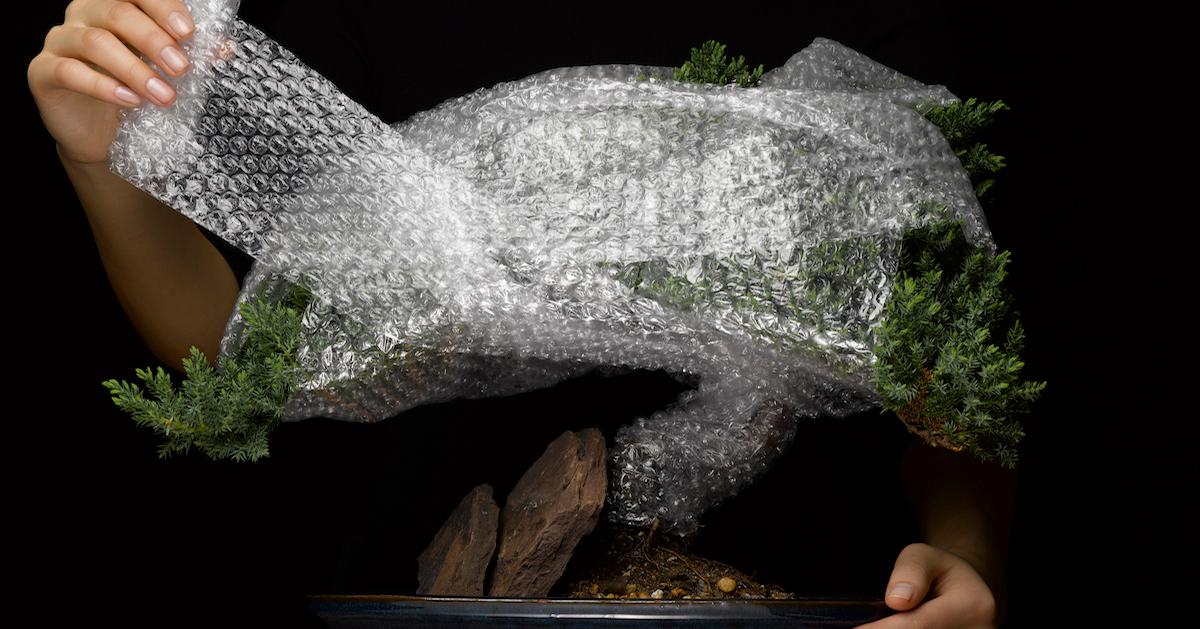
What are some other ways to repurpose bubble wrap?
There are plenty of other eco-friendly things you can do with bubble wrap besides turning it in for recycling. Plastic may not have a lot of things going for it environmentally, but it is reusable and holds up for a really long time — even if it’s made of thinner No. 4 plastic. You could reuse it when shipping your packages or storing tchotchkes or decorations.
Reused bubble wrap could be good to wrap fragile household items when you or a friend are moving, or you could use it to create art, which is especially fun if you have kids. Just check out all the bubble wrap ideas on Pinterest for examples.
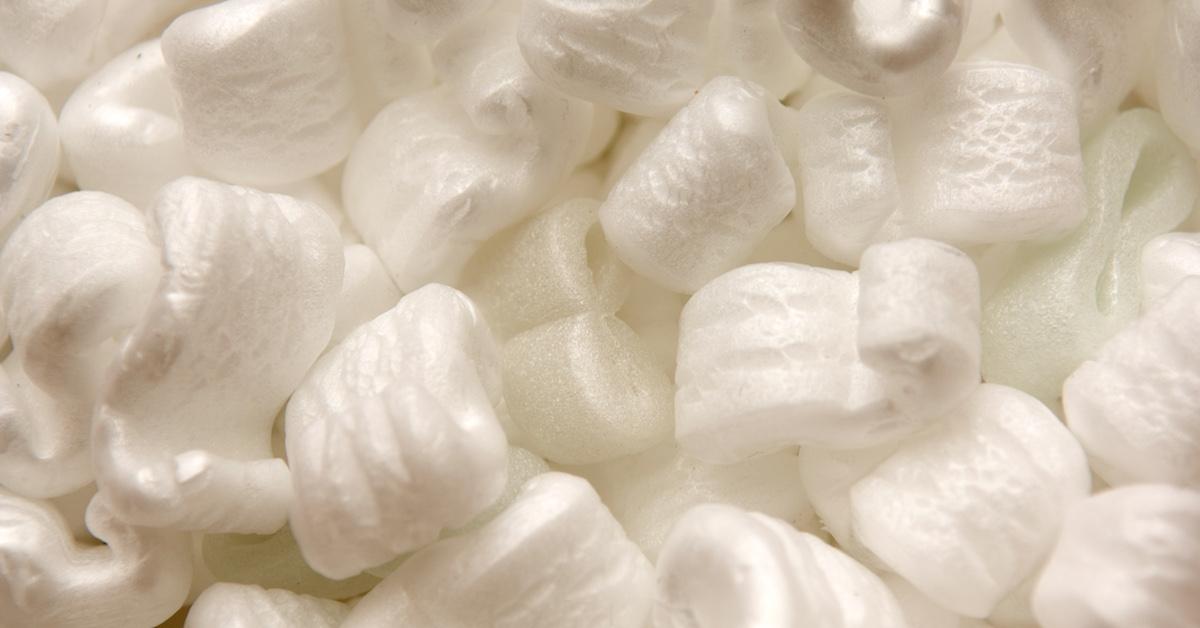
Are other packing materials recyclable?
Other packing materials like polystyrene (often referred to by the brand name Styrofoam) and packing peanuts are technically recyclable. However, very few organizations are willing to recycle this pollutant. If your boxes are packed with polystyrene instead of bubble wrap, a quick Google search will tell you which, if any, organizations in your area recycle it. If they don’t, you could reuse it for packing.
And, of course, any paper or cardboard packaging materials you find in your packages can be recycled with paper. However, for thin or tiny paper-based packing items such as tissue paper and confetti, it's best to put those in the compost bin rather than the recycling bin.
This article, originally published on Jan. 12, 2021, has been updated.